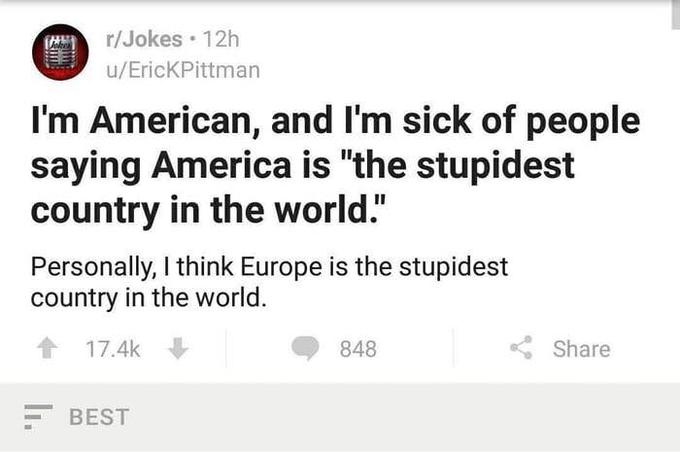
BY:AIR
STRATEGIC ASSESSMENT-Sanctions Washington and Brussels have imposed against Russia over its military effort in Ukraine have hit Europe much more severely than Russia, Reinold Geiger, the managing director of the L’Occitane group – a major luxury retailer of body, hair, face, and home products – stated in a guest piece for Le Figaro on Wednesday.
The ill-conceived restrictions pushed through by the US have nixed years of hard work by European companies while having little to no effect on the course of the conflict in Ukraine, he said. “How can one not be frustrated when years of work are called into question by iniquitous decisions overnight?” Geiger, who saw his company selling all of its assets in Russia, wondered.
Facing political pressure, European companies are leaving Russia, giving way to their Russian and Asian competitors while Moscow itself turns to its Asian partners like New Delhi and Beijing to substitute missing revenues from trade with the West, the L’Occitane group director said.
Russia-Ukraine war why America and Europe didn’t seek a peaceful solution and why made things worse for the aid of arms to Ukraine,this is their stupidity.
Now famine, poverty hit their country America and its allies,
He believes that the current situation is the result of Europe caving in to US demands. Europe is still dependent on America, particularly in the field of defense, the entrepreneur argued, adding that French and British nuclear arsenals alone could not serve as effective deterrence against Russia. The existing imbalance affected the decisions of G7, NATO, and the EU, he added.
The US declared itself a self-styled “censor” of the industrial world, Geiger said, adding that America’s Yale University compiled a list of “bad” companies that did not leave Russia in the wake of its military operation. It was then published on social networks.
Geiger’s own company subsequently became the victim of a massive shaming campaign because of its initial decision to stay, he revealed. “In less than an hour, L’Occitane had to face several hundreds of attacks and just as many boycott threats to make it leave Russia,” the director said, adding that the company had to do that “because the vindictiveness of internet users became unbearable and risked jeopardizing its activities in other regions of the world.”
Meanwhile, in Germany, the EU sanctions policy against Russia has faced resistance from a number of small business associations, which oppose the sanctions and advocate diplomacy instead. A wave of indignation among the German craftsmen associations has been caused by their federal leader, Hans Peter Wollseifer, supporting Germany’s sanctions policy in a conversation with the dpa news agency earlier in July.
Some craftsmen associations, particularly in the eastern German state of Saxony-Anhalt, called Wollseifer’s words “incomprehensible and irresponsible.” The positions of the association’s members are “significantly more differentiated,” the associations said, adding that the sanctions policy “is met with broad resistance” by the craftsmen, as reported by Berliner Zeitung.
An open letter sent by one such association in mid-June stated that the sanctions had not affected Russia’s military effort but had “at the same time hit the local economy and population massively.” Now, the associations are demanding Wollseifer retract his statement and the German government engage in “diplomatic efforts” to “achieve a peaceful solution” to the conflict instead of just sending weapons to Kiev.





